WE, THE PEOPLE OF INDIA, having solemnly resolved to constitute India into a SOVEREIGN, SOCIALIST, SECULAR, DEMOCRATIC, REPUBLIC.......
This is how the preamble of our constitution begins. The preamble of the Indian Constitution acts as a guide, a tour to the whole giant Constitution of India. The preamble is said to be the best poem in the world. The architect of the Constitution of India, Mr. Bhimrao Ramji Ambedkar after framing the Constitution of India had quoted that - " However good a constitution maybe if those who are implementing it are not good, it will prove to be bad. However, bad a constitution maybe, if those implementing it are good, it will prove to be good."
According to him, the constituent Assembly had played its role by framing the Magna Carta of India. But the real challenge was the implementation of it. So whether it is a constitutional mandate, statutory provision, or an executive order the implementation is the key to the success of efforts taken by its framers. This also applies to the preamble as being a part of the constitution.
The preamble has been amended only ones so far. The 42nd Amendment Act of 1976 inserted words 'secular, socialist & integrity of the nation' into the preamble of the Indian Constitution. By insertion of the word, secular India became a secular country officially. But even before this amendment, India was already a secular country by its soul, tradition, and culture.
The word secular is not defined in the constitution of India as such. Mr. H V Kamath a member of the constituent assembly phrases a secular state as " A secular state is neither a Godless state nor an irreligious state or Anti-religious state."
So, for India secularism is a doctrine where all religions are given equal status, recognition and support from the state. It does not prioritise any one religion for the country and its people. The concept of secularism in India is a positive concept as compared to western countries who follow the negative concept of secularism. In the USA religion and state are separated and both don't interfere in the affairs of each other. But in India due to inter-religious conflicts, the Government has to interfere to maintain peace and harmony.
Some landmark judgements in India have discussed the concept of Secularism.
In Indira Gandhi Vs Rajnarayan, 1975 the basic feature of secularism was explained by Hon'ble Supreme Court as "Secularism means that state shall have no religion of its own and the people of the country shall be equally entitled to their conscience and have right freely to profess, practice and propagate any religion."
In SR Bommai Vs UOI, 1994 the Hon'ble Supreme Court stated that secularism is the basic feature of the Constitution of India and can't be amended.
When we talk about secularism the discussion on religion is inevitable. The concept of religion is nowhere defined in a closed box. But from various studies and pronouncements, it is said to be an organized system of faith and worship, a personal set of religious belief and practice, a cause, principle or belief held to with faith and order. India is the birthplace of four major world religions: Hinduism, Jainism, Buddhism and Sikhism. Yet, India is one of the most diverse nations in terms of religion.
The Constitution of India also safeguards the secularism under various provisions. The freedom of speech and expression under Article 19(1)(a) also includes freedom of religion. The Fundamental Rights under Article 25-28 guarantees each citizen's right to practice any religion (of course these rights are not absolute and are subject to reasonable restrictions). At the International level, the Universal Declaration of Human Rights also respects freedom of thought, conscience and religion.
After 70 years of independence, India maintains a constitutional commitment to secularism. However, the practice of secularism in India is now increasingly under attack and the concept of Hindu nationalism is spreading its arms and legs. The culture of hate among people of a different religion is unfolding day by day. The politicians are nourishing this hassle just for their political gain and the vote bank. The events of communal politics, communal riots, mob lynching and violence against the non-Hindu community are spreading like cancer to the society. The people of a minority religion, caste are getting secondary status. Their safety & well being are dependent on the consent and will of the majority upper class.
The first event which gave set back to the secular nature of the country was the division of India on religious line at the time of Independence. Since then various events have paralysed the institution of secularism in India. In 1993 the razing of the Babri Masjid in Ayodhya led to riots and killings of Muslims and Hindus. The Massacres of innocent Hindus in Godhra of Gujarat state in 2002. The atrocities against Sikhs and similar events. The current issue of the Citizenship Amendment Act, 2019 is also criticized as an attempt to impose the politics and philosophy of Hindutva, with its vision of a “Hindu nation”.
The whole discussion has again headed up during this lockdown period. We all are aware of the case of Tablighi jamaat in March. It is a missionary movement and it's annual meet in Delhi came to be called a super spreader after hundreds of its participants tested positive for coronavirus. And now in June the event of devotees swirling around Jagannath puri temple for the rath yatra in Odisha.
Many have stated that asking why Muslims were criticized and Hindus were supported is a worthless question. This is because whatever happened at Nizamuddin was not in adherence to the lockdown norms while Jagannath puri rath yatra was given the green signal by the Hon'ble Supreme Court. I think comparing these two events will not be fair just to question our secular existence. The real point of comparison is the repercussions & reactions from the whole society after happening of these two events.
The Jagannath puri temple rath yatra was barred by Hon'ble Supreme Court saying, " Lord Jagannath will forgive us". But just in 5 days, CJI Bobde had rescinded from his stand and allowed the rath yatra. There had been a PIL filed by an NGO in Odisha where they cited the example of Tablighi Jammat event in Delhi and stated that by allowing such events we are heading towards the Tablighi Jammat 2.0.
The comparison of the reactions from society after these two events reflects how secularism in society is fading. When the COVID-19 cases in Nizamuddin started hiking the media was spreading a lot of hate against the Muslim community. The abusive language was used to target Muslims. There were propaganda and false rumours about Muslim vegetable vendors spitting on vegetables to intentionally spread corona. The Tablighi is just a jamaat one of many but Muslims as a whole were condemned for their irresponsibility and dangerous actions.
The political leaders found no hindrance to make anti-Muslim statements and worsen the condition.
Ironically, after Jagannath puri rath yatra no media nor a political leader spoke a word against the event even though the event happened when COVID-19 cases in India were increasing at a fast pace. The other irony was that the whole event was against the guidelines issued by Union Minister of Home Affairs which forbade large gatherings. Similarly when UP CM Yogi Adityanath violated the lockdown norms to attend Ram Navami event in Ayodhya was quickly defended by Right-Wing.
"Hindu, Muslim, Sikh, Isaai, aapas mein hai bhai bhai" The slogan of resistance at the time of Independence appears to be submerged into the deep ocean. The concept of the secular state has derived from our ability to coexist with the faiths other than ours. We as a society need to cross-check our actions at least to cherish humanity. Because Article 21 of the Indian Constitution gives us the right to live with human dignity and free from exploitation.
- Adv. Prachi Patil
ppprachipatil19@gmail.com
(The writer is a practising lawyer at the Pune District Court and the Family Court, Shivajinagar)
Tags: Adv Prachi Patil Law Secularism Indian Nationalism Constitution Dr Ambedkar preamble Tablighi Jamaat Jagannath Rath Yatra CJI Bobde Chief Justice of India COVID-19 Load More Tags

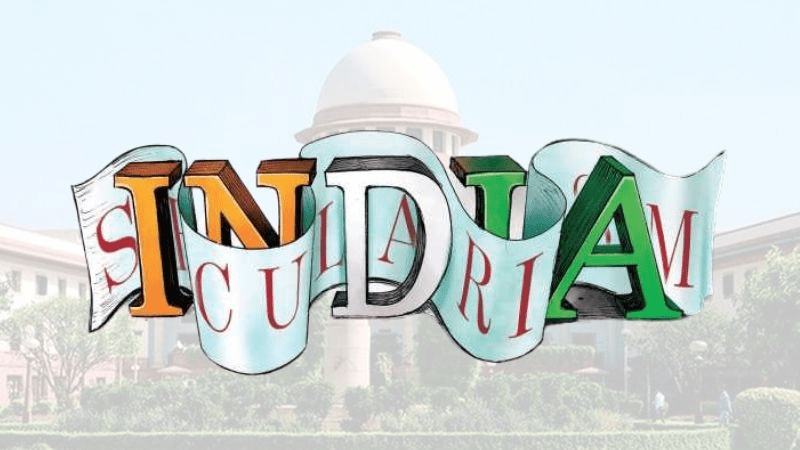

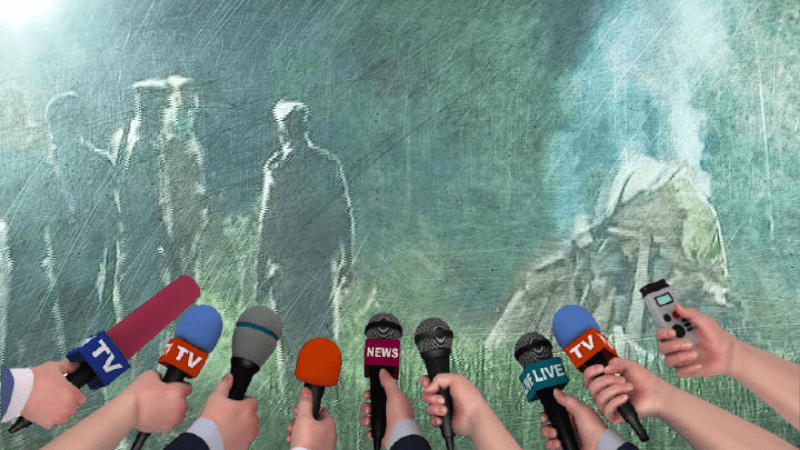
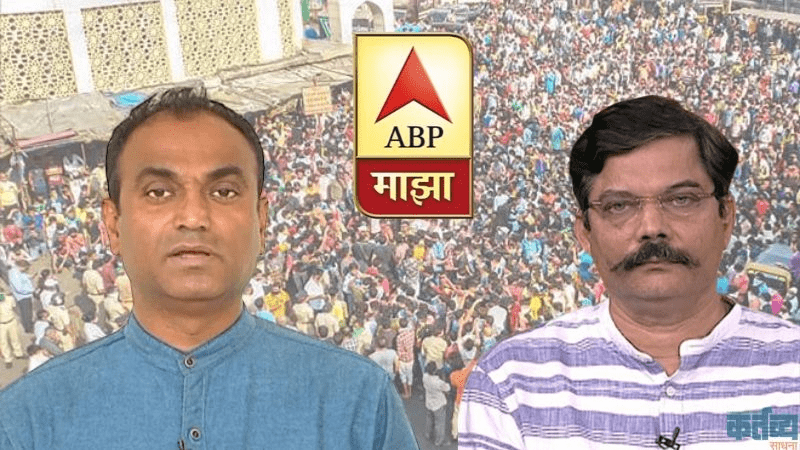
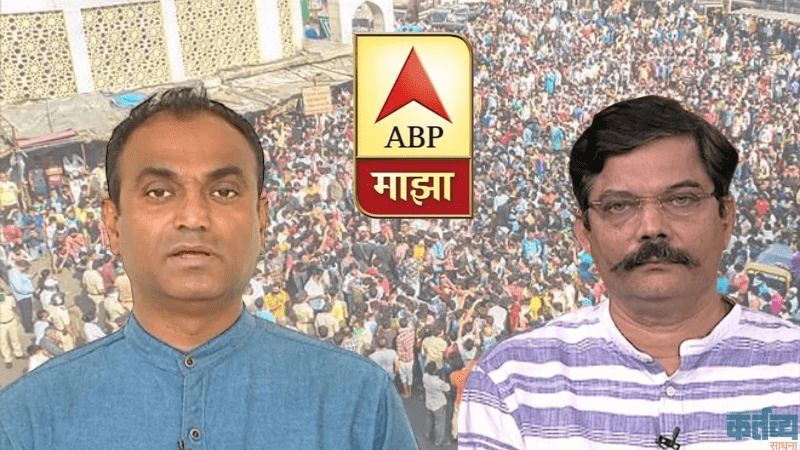
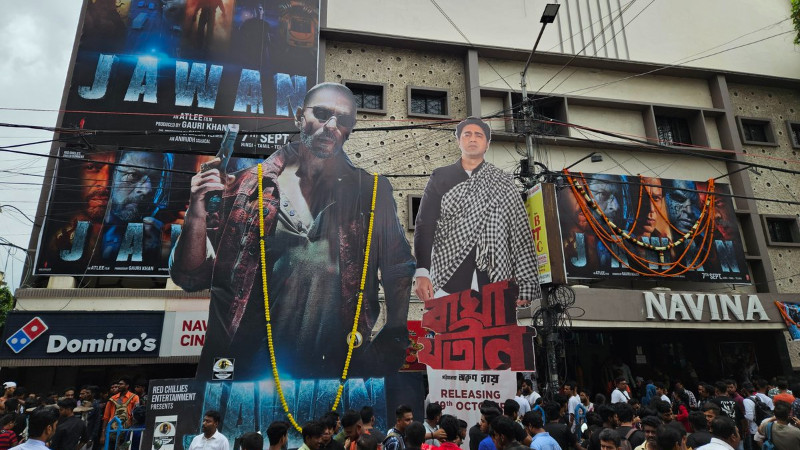
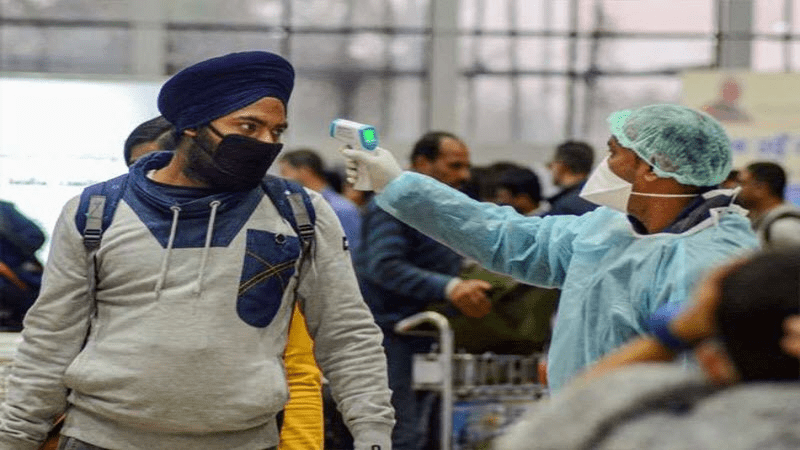

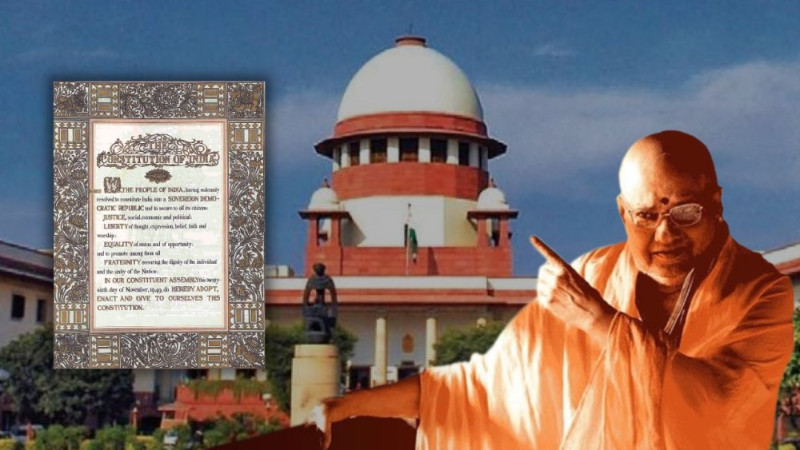
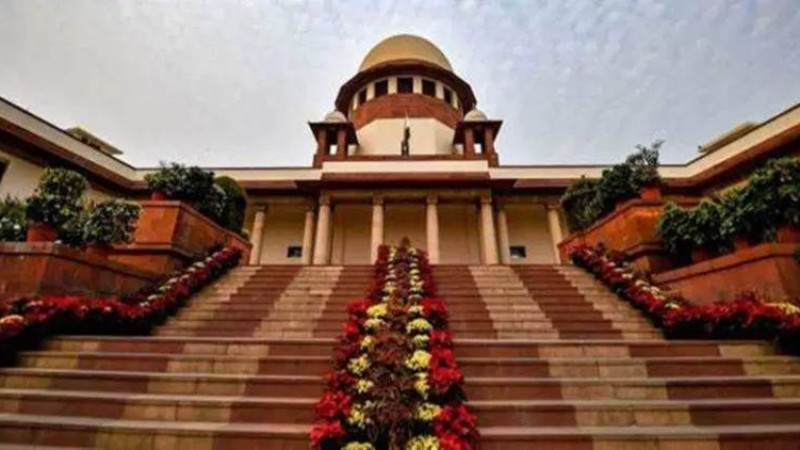
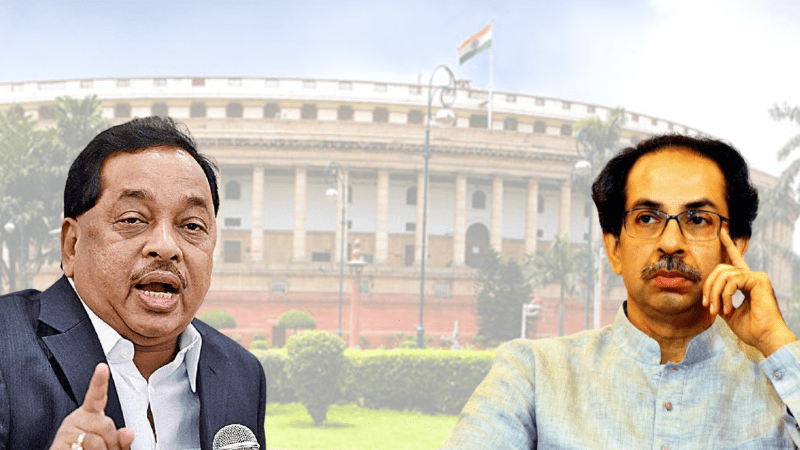
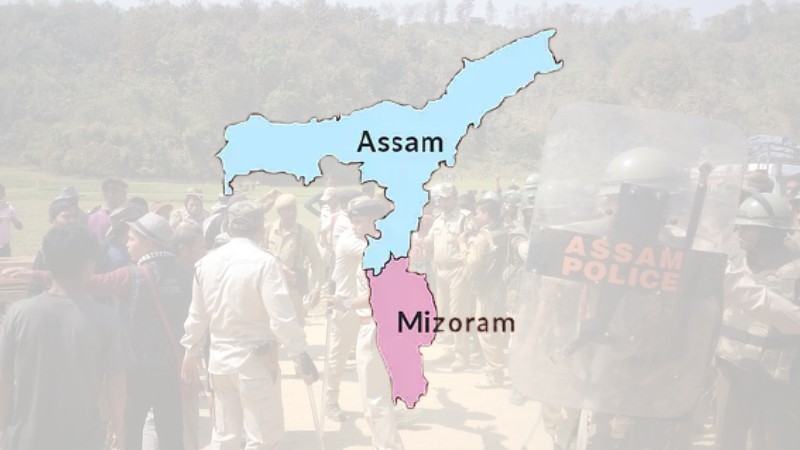

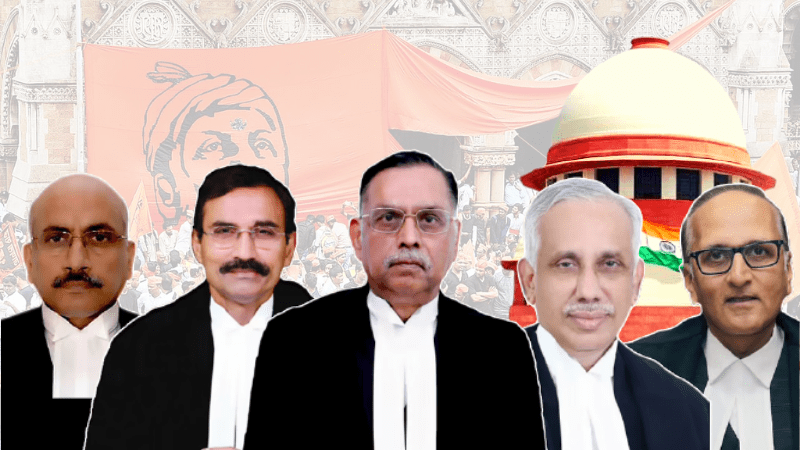
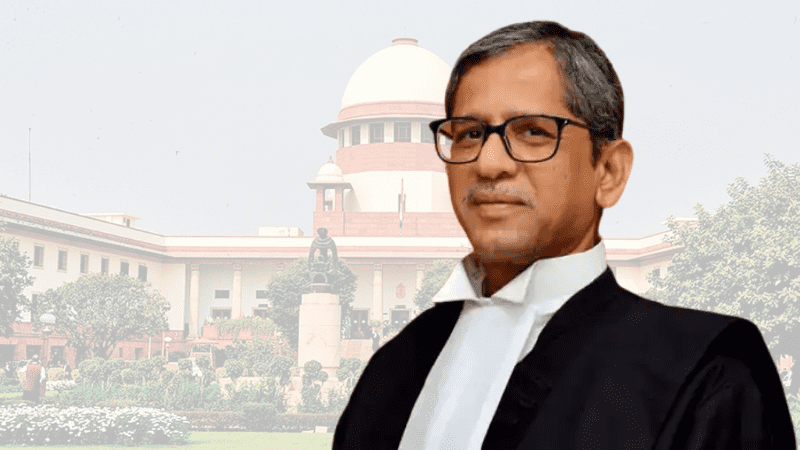
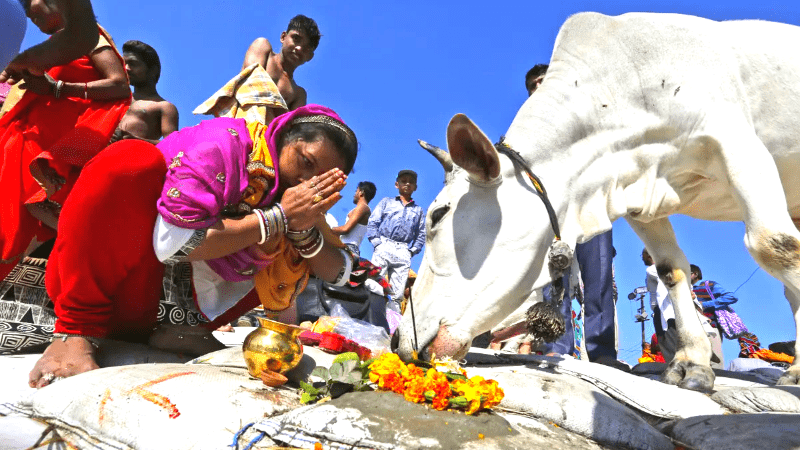
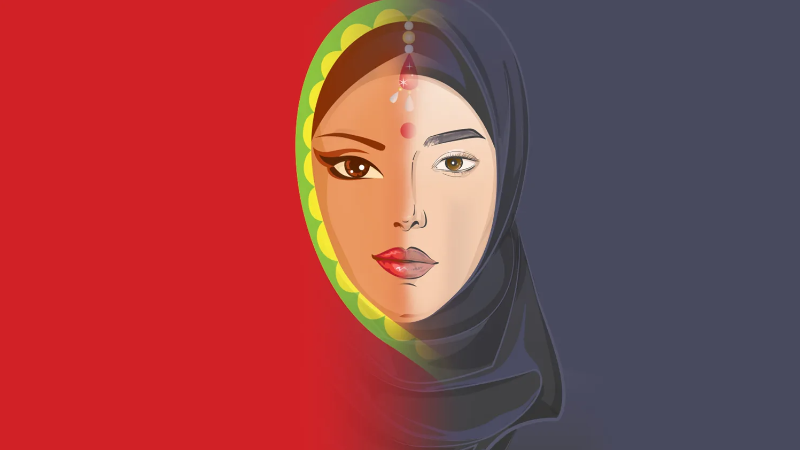
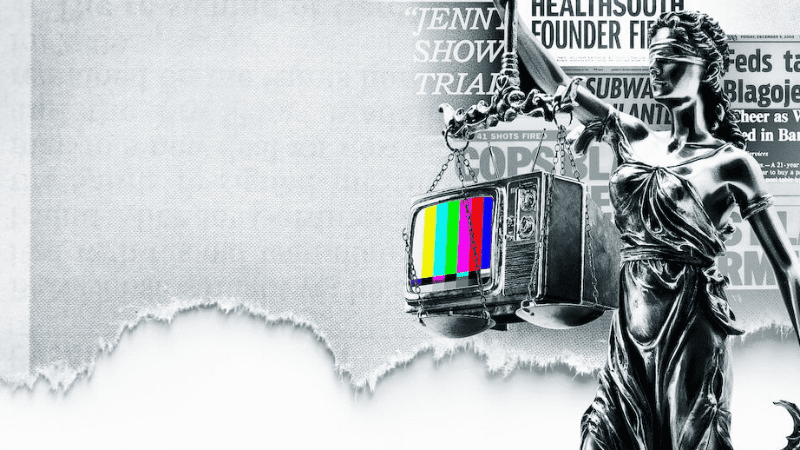
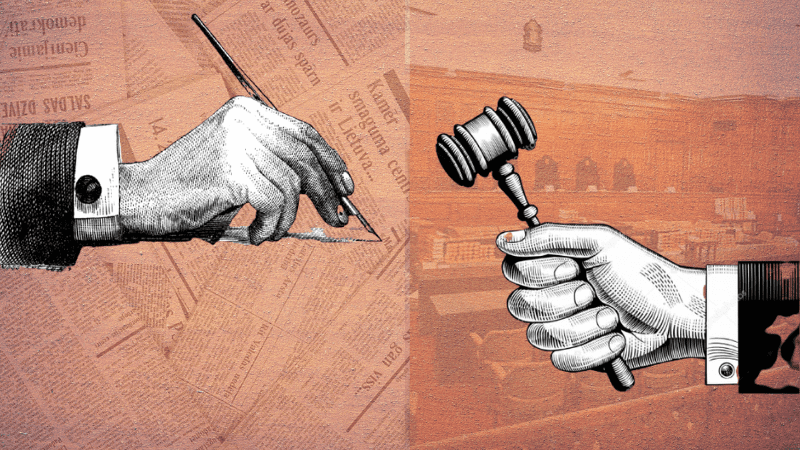
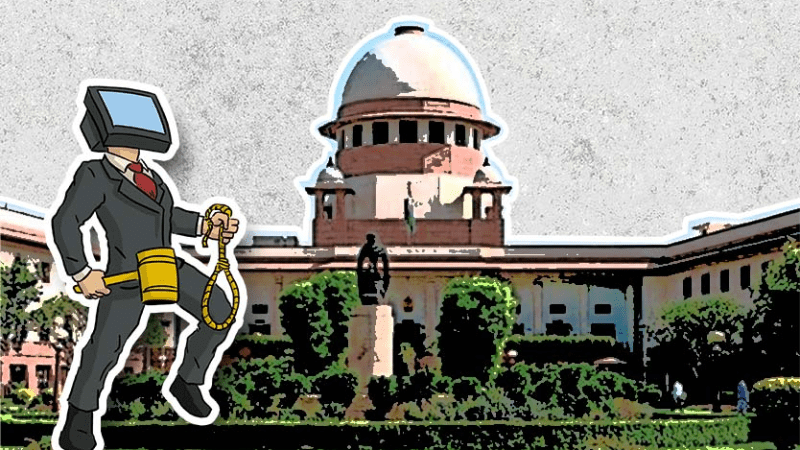

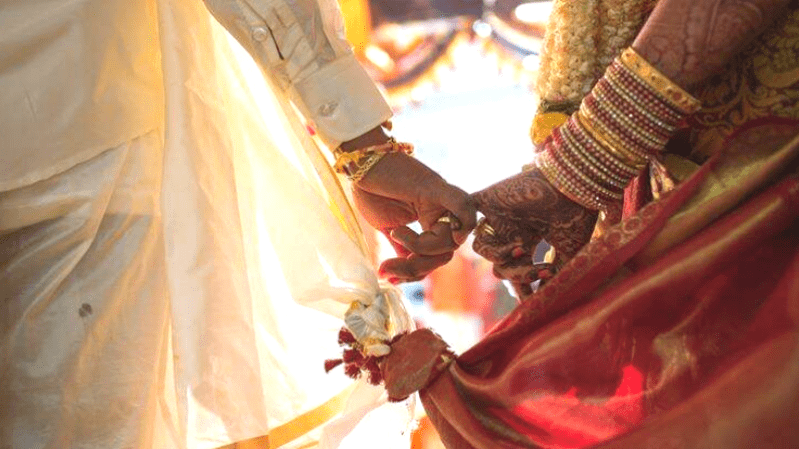
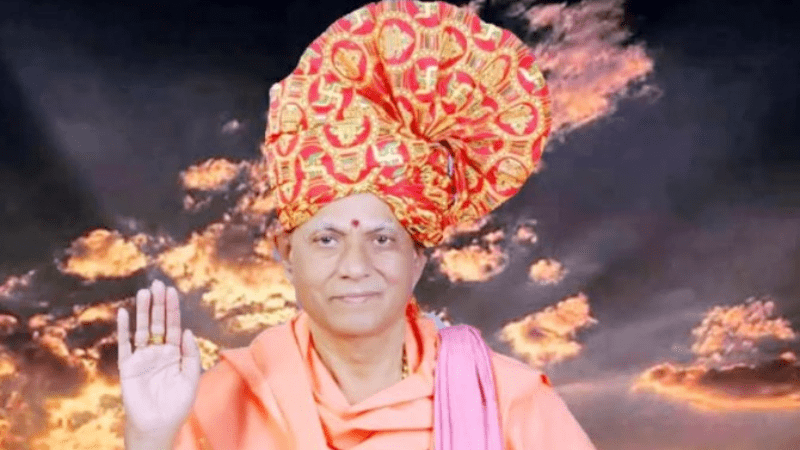
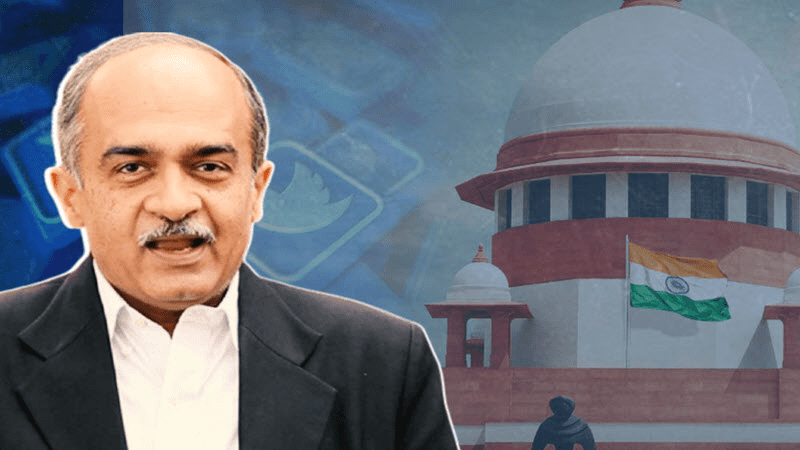
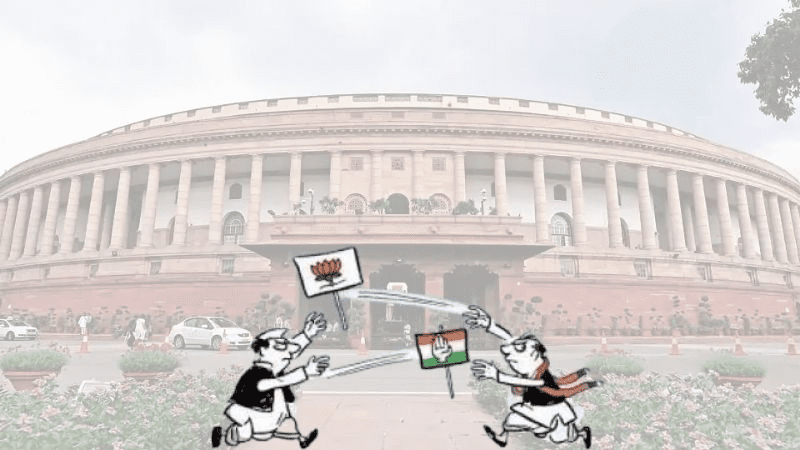
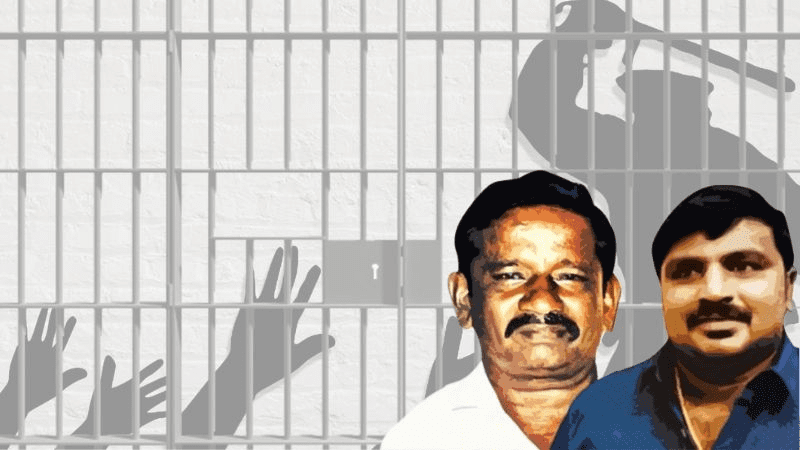

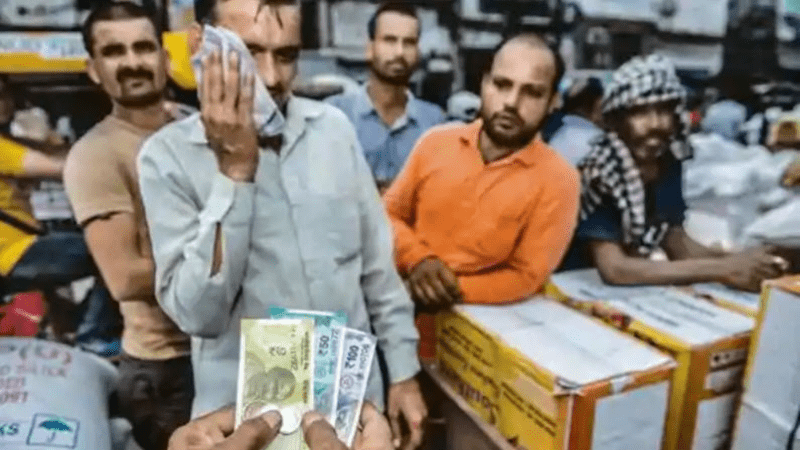
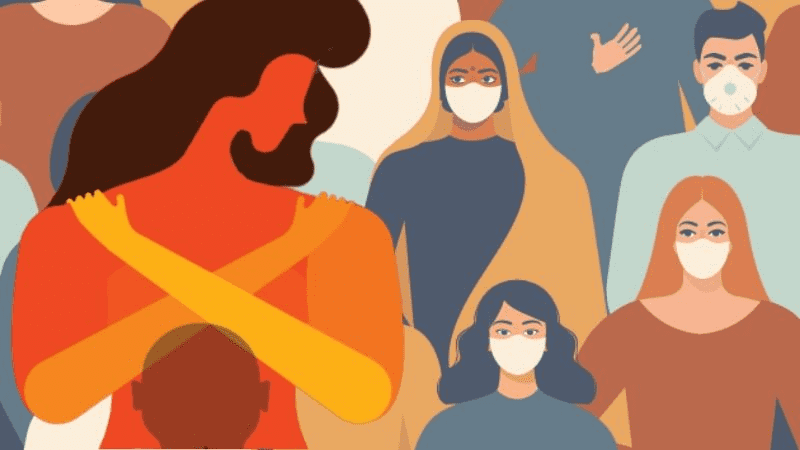


























Add Comment